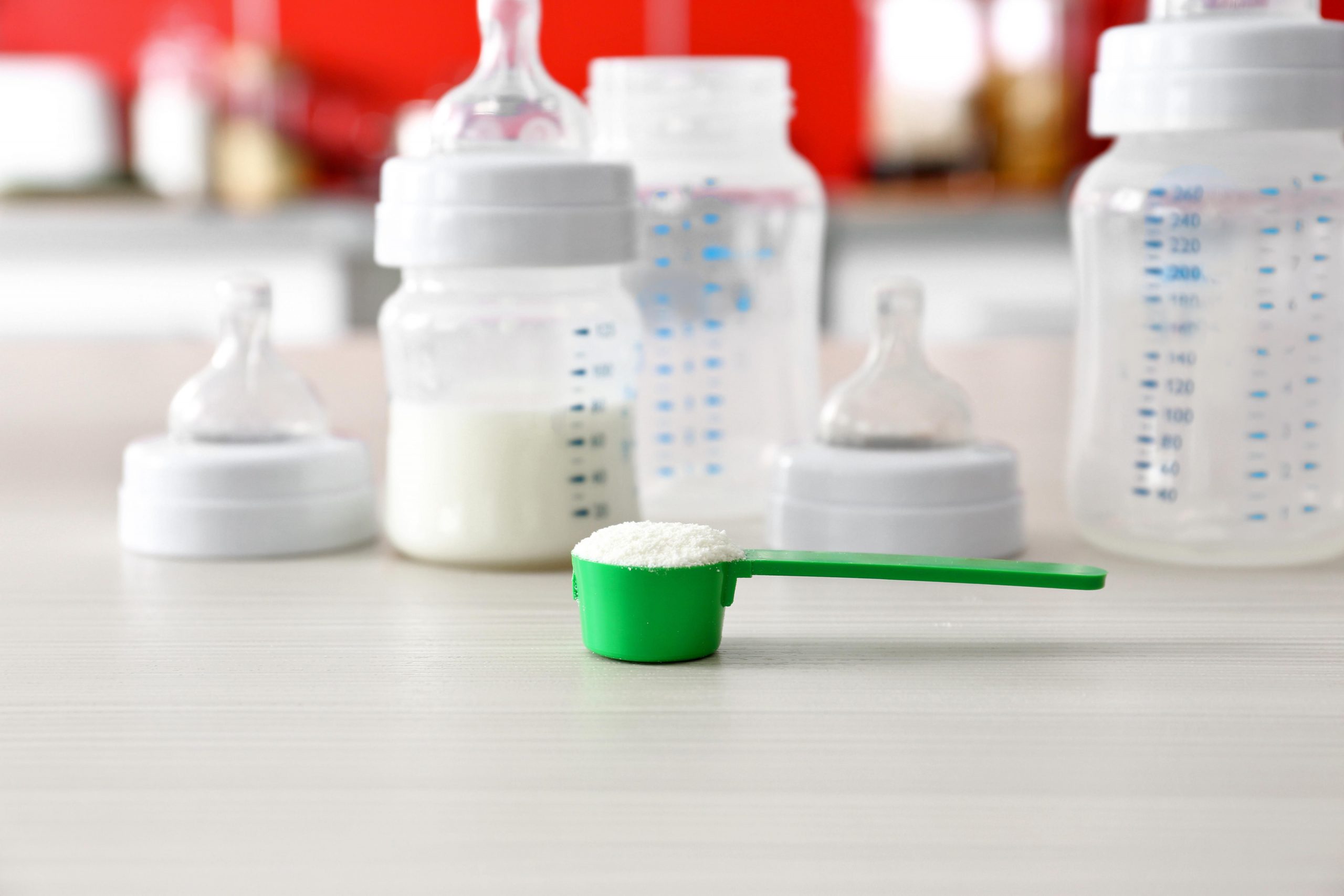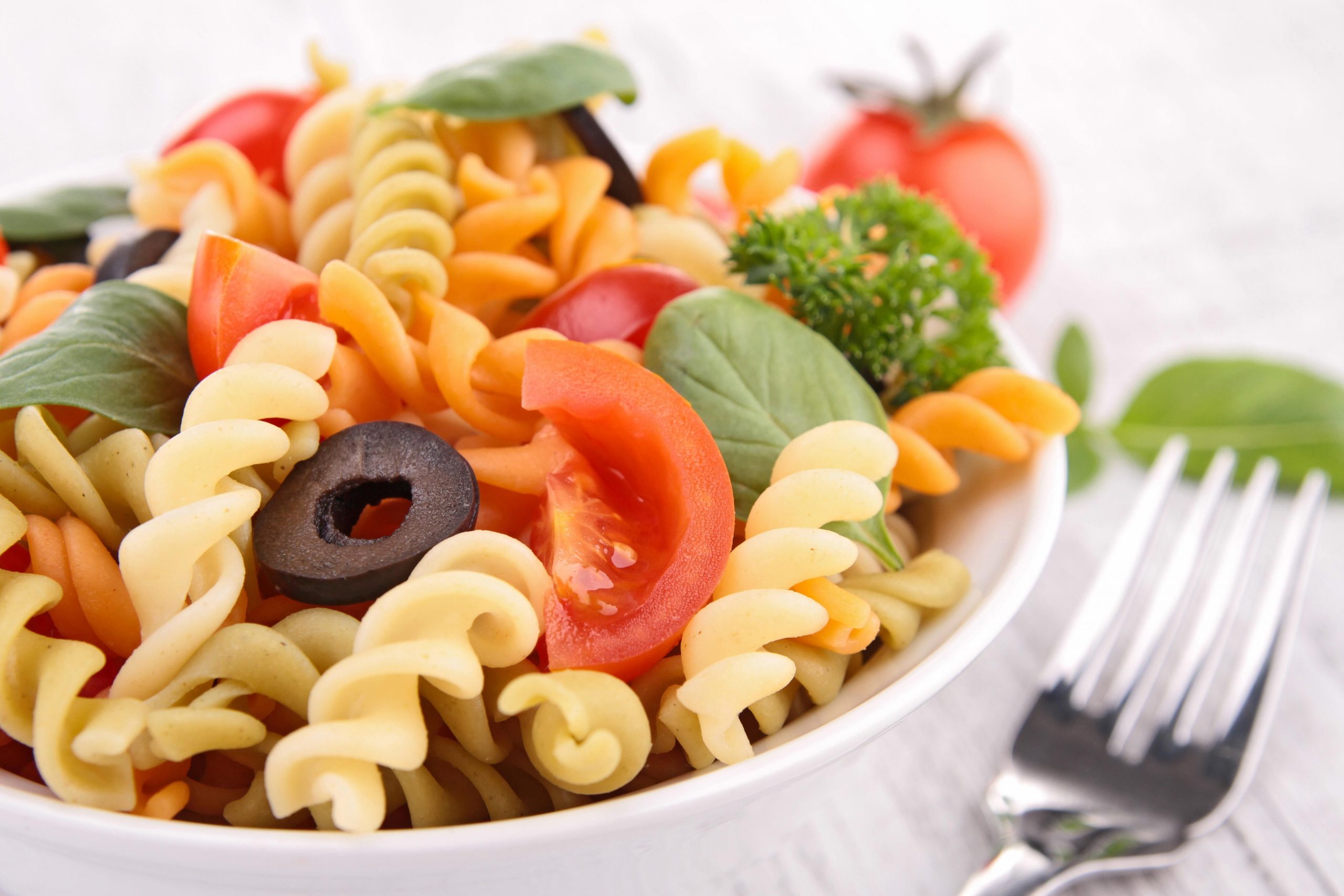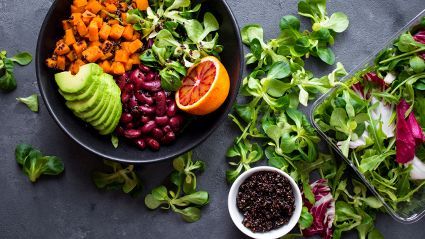
(HealthDay News) – Supply chain issues around the world are fueling a shortage of baby formula – and the problem is only getting worse. About 40% of the top-selling baby formula products were out of stock during the week ending April 24 in the United States, CBS News reported. That’s an increase from just 11%… read on > read on >


















